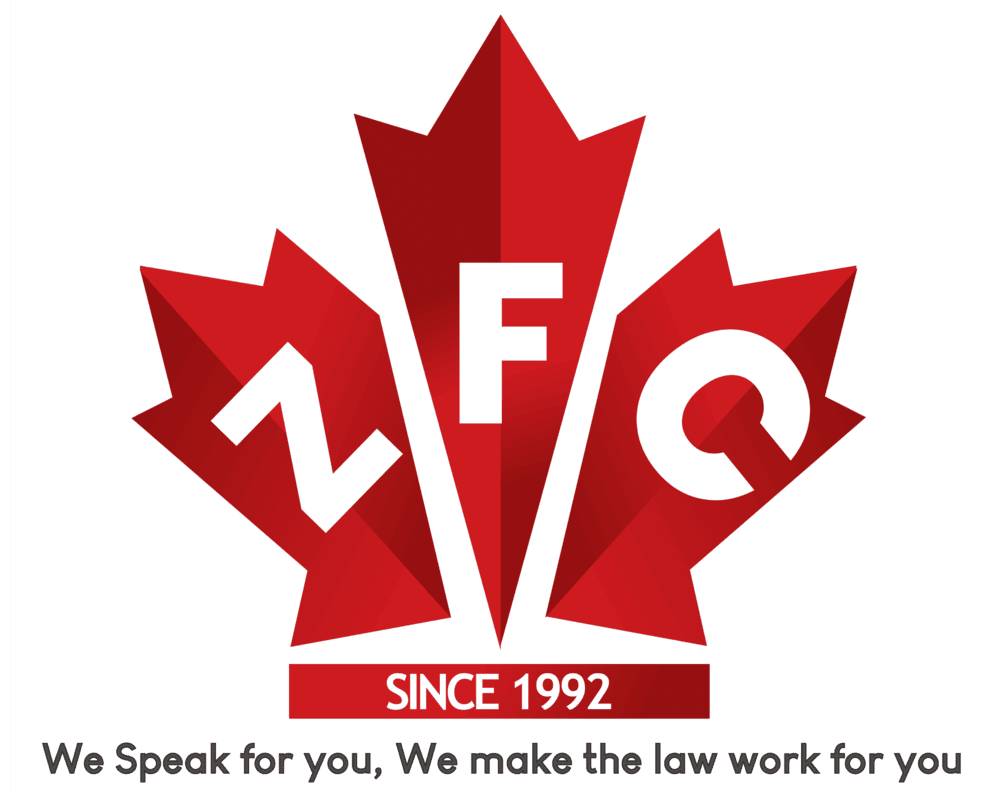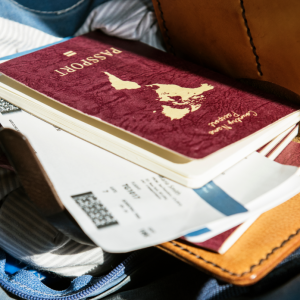Unconstitutional legislation preventing lost Canadians from gaining citizenship remains on the books.
On April 22, 2025, the Ontario Superior Court of Justice extended the deadline to Nov 20, 2025 for the federal government to amend the Citizenship Act’s first generation limit (FGL) to citizenship by descent.
Schedule a Free Canadian Citizenship Consultation with the Cohen Immigration
Law Firm
In her published decision Judge Jasmine Akbarali noted that she further extended the deadline maugre “the ongoing hardship to those whose constitutional rights continued to be breached by the limits on derivative citizenship.”
The FGL prevents children of citizens by descent from gaining Canadian citizenship by descent.
Under citizenship by descent, children of Canadian citizens can gain citizenship by birth or adoption, even if born outside Canada.
In 2009, the federal government restricted citizenship by descent, adding provisions to the Citizenship Act collectively referred to as the first-generation limit (FGL).
Under the current Citizenship Act, children born abroad inherit Canadian citizenship if born to at least one parent who was themself born in Canada or naturalized.
But if their only Canadian parent(s) gained citizenship by descent, the child born abroad does not inherit Canadian citizenship by descent—hence the ‘first generation limit.’
The current form of the FGL was ruled unconstitutional by the Ontario Superior Court of Justice in December of 2023 for infringing on rights enshrined in the Canadian Charter of Rights and Freedoms.
At that time, the Court gave the federal government six months’ time to amend the legislation.
The Crown chose not to appeal the ruling, and introduced Bill C-71 in May of 2024. Bill C-71 proposed a fix by providing an exception to the FGL in cases where the Canadian parent met a “substantial connection” test, defined as having lived in Canada for at least three years prior to the birth or adoption of the child.
Bill C-71 never became law, and the Court extended the deadline on four occasions prior to this one — most recently to April 25, 2025.
When Parliament was prorogued on January 6, 2025, Bill C-71 died.
In the meantime, the federal government introduced interim measures on March 13, 2025, allowing those affected by the FGL to apply for discretionary grants of citizenship.
At that time, the federal government also requested that the Court extend the deadline for another 12 months, to March 20, 2026.
To amend the Citizenship Act, the federal government will need to introduce a new bill after Parliament reconvenes following the general election on April 28.
The decision on Tuesday has provided the federal government with eight months’ time.
In her published decision, Akbarali wrote that “the party that forms government ought to be able to pass remedial legislation within this time frame if it chooses to make that legislation a priority.”
If the government misses the deadline and the Court chooses not to extend it further, the Court may strike down or read down the offending portions of the legislation, rendering them inoperative.
Akbarali made the decision out of concern “that the interests of the public will be negatively affected if the declaration of invalidity comes into force without replacement legislation in place, especially given the complexity of citizenship legislation.”
She also noted that “Rights-holders should not be made to suffer the impacts of an unconstitutional law indefinitely” and that “the public is entitled to expect Parliament to fulfil its legislative role and pass legislation.”
Schedule a Free Canadian Citizenship Consultation with the Cohen Immigration
Law Firm










